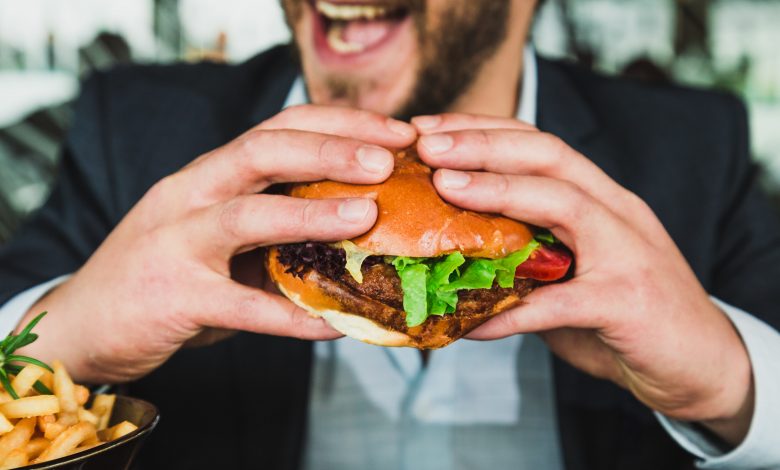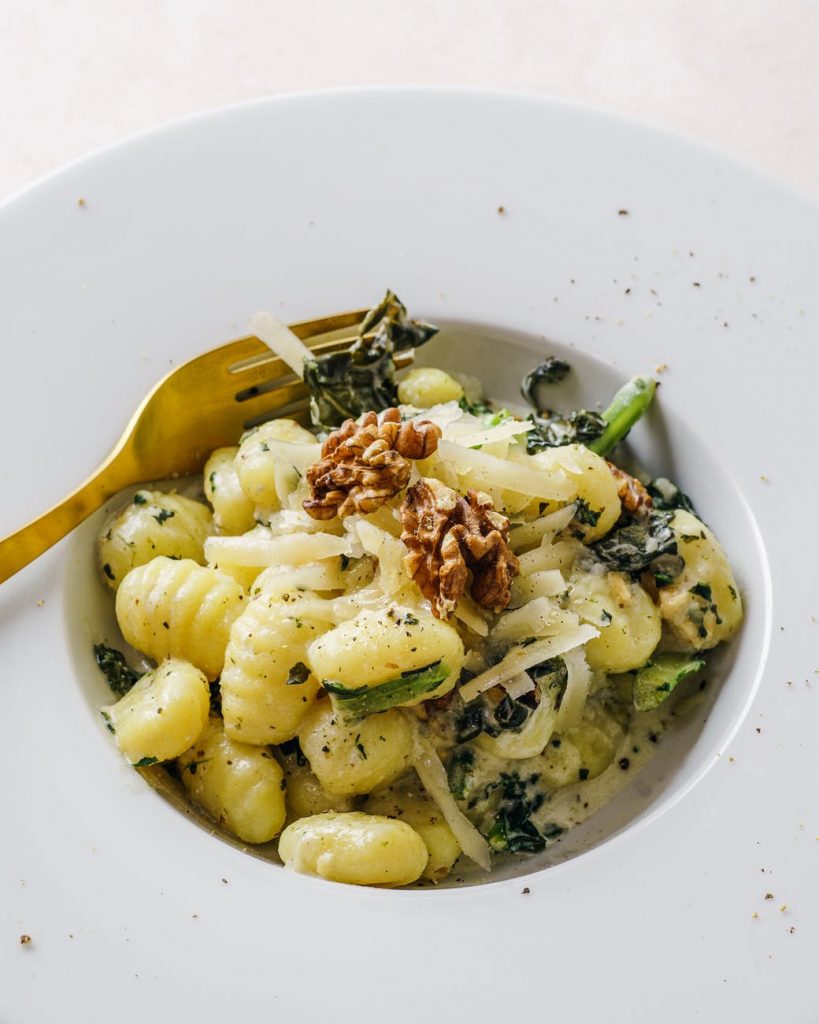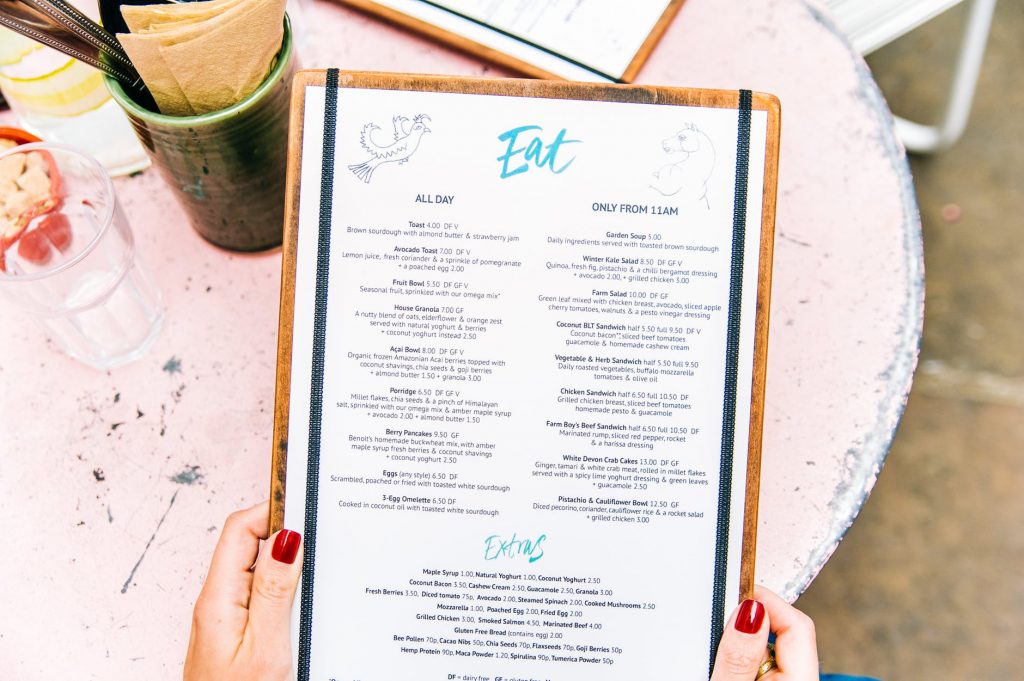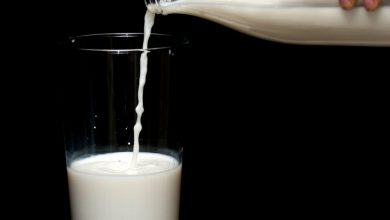
Cheat Meal Strategies That Won’t Get You Into Trouble
Sticking to a diet was never easy for anyone. With so much of tempting, greasy, sweet stuff all around you, eating healthy can be a test of your patience. Thankfully, you can have your cheat days every once in a while to give you a break from the monotony of your diet.
But then again, after staying so focused and eating healthy for so long, you do feel guilty biting into a burger or a piece of cake. It feels like all those days of staying strongly glued to a diet with determination will go to waste in just one day of merriment. And, in fact, you are not wrong to feel that way. Because even taking a cheat meal requires detailed planning if you don’t want to end up gaining weight.
Why You Should Have a Cheat Meal
Ideally, there is nothing like sticking to a diet every day of your life. But this is not humanly possible now, is it? You have to take a break. Diets are boring and monotonous, no matter how dedicated you are. So knowing that you can eat to your heart’s content on one day, if you are eating healthy on all other days, is motivating in itself.
According to a study which was published in the International Journal of Obesity in 2017, the researchers found that dieters taking a two week break from their diet plans lost weight faster than those who didn’t.
Some Australian researchers also observed that people who took a few cheat days lost almost 50 percent more weight than those who dieted consistently. Also, the intermittent dieters were found to weigh about 18 pounds lighter than the consistent ones, even after six months of giving up their diets.

How Many Cheat Meals?
All that said, it does not justify an unhealthy eating spree every second day. If you are setting each alternate day as your cheat day, well, you would only be cheating yourself. You cannot let one satisfying cheat meal turn into a cheat weekend and end up gaining more pounds than you lost.
According to a study published in the journal Molecular Nutrition and Food Research, if you give yourself three cheat days in a week, it will be impacting your gut health just as a consistent bad diet of junk food would. So three days of cheat meals is the same as not following a diet at all. Cheat days in your diet plan can be a slippery slope if you are not careful.
It is difficult to generalize exactly how many cheat meals a week one should take. All of our bodies react and function differently. You may be doing great having two cheat meals every week, but your friend may be putting on more weight with the same routine. So the best thing to do here would be to limit yourself to one cheat meal in a week.
Rather than counting how many cheat meals you can have, it is more important that you keep track of how many calories your cheat meal brings along so that you can maintain your overall calorie intake.
In order to avoid letting all your hard work go to waste by taking impulsive or random cheat meals every time, it is always better to have a strategy. Just as your diet or your workout is a carefully planned out routine for you, let your cheat meals also be a part of that conscious planning – a choice that will leave you feeling satisfied rather than guilty.
Here are a few amazing strategies you can try for your cheat days, that will make your meals more enjoyable for you.
Plan Your Cheat Meals
This is the first and most essential step to take when you decide on having a cheat meal. Randomly picking a day or a time and deciding that you are going to eat anything you want on this day or for this meal will slowly erode your motivation.
After one slice of pizza, you would think “what harm would another slice do?” Then you go on to have another unhealthy meal, thinking one cheat meal or two won’t make a difference, and that way you end up eating unhealthy for an entire day.
It is much better to plan one cheat meal in a week, preferably on weekends when you may have social commitments anyway. That way you are motivated throughout the week, as you know you have your reward waiting at the end of the week.
The next day you again go back to your diet with the same motivation. This will also allow you to really enjoy the cheat meal and urge you to pick something that you really want to eat rather than just aimlessly gathering calories because it’s cheat day.
Keep Calories in Check
More often it is not just what you eat, but how much you eat that determines whether you are gaining or losing weight. You know that in order to eliminate fat, your body should maintain a calorie deficit.
Your cheat meal, since it is supposed to be satisfying and indulging, will obviously have a few calories more than your normal diet. In order to balance those extra calories out, you can control your calorie intake in your other meals through the day.
Have more of low calorie food – maybe more greens instead of rice for the next meal or more fibrous food that’s low on calories yet keeps you full. But that said, don’t starve yourself just because you had one calorie-heavy meal during the day. Eat healthy the rest of the week, and this one meal can be negated easily.

Don’t Starve Yourself Before a Cheat Meal
It is often perceived that if you let yourself be famished before going for a cheat meal, you will already have a higher calorie deficit, so the extra calories from the meal won’t build up. While it is true that creating a calorie buffer for the cheat meal does help you maintain your overall calorie intake, starving yourself is definitely not the solution. It will only lead to overeating and more calorie intake.
Many people try to workout extra hard before a cheat meal or don’t eat anything at all the night before. Depriving yourself of some required calories will do no good if you end up devouring all those calories and more during the cheat meal, out of hunger.
Also, starvation reduces your bodies metabolism, as it tries to store all the energy it can. So whatever you eat later may just be stored as fat since your body is on emergency mode.
Be Mindful When Having Your Cheat Meal
It has been found through research that mindful eating is crucial for weight loss. So even if it is a cheat meal, you must be mindful of how much you eat. Eating in front of the television or while playing a game on your computer can result in you eating ten percent more than you otherwise would.
Distractions while eating don’t let you know when you are full, so you end up eating more than you need to. Eating mindfully, on the other hand, would allow you to savor the meal and give you more satisfaction in the fact that you ate something you wanted consciously.
Cheat Meals Don’t Have to Be Totally Unhealthy
Just because it is a cheat meal doesn’t mean it must be laden with saturated fats, sugar, and carbs. You may instead be wanting to have something that you usually don’t include too much in your diet. These can be healthy foods with just a few extra grams of carbs or a little more protein than you would normally consume.
This way, you are consuming a few extra calories but not letting the food take a toll on your overall health. Let a few of your cheat meals every month – well, most of them if possible – be healthy, even if a little calorie rich.
Don’t Consider It as Cheating
Considering this one meal in a week as cheating is where all the guilt originates from. When you call it a cheat meal, you feel you’re doing something wrong. But there is nothing wrong with giving in to your cravings once in a while. Consider this meal as a well-earned reward instead.
The problem with considering this time as cheating is that you will think of it as your only chance to get whatever you want, and you may end up eating something you didn’t even need in the first place.
Or worse, you will restrict yourself from eating something because you feel guilty, but the craving remains unsatisfied, which means you eat something else and then something else. So the guilt, instead of keeping you from eating more, results in you consuming more calories than you would have if your craving was satisfied.
Think of your cheat meal as a fulfilling and conscious indulgence so that, once you are done with it, you feel content and can happily go back to your diet.

Choose Your Own Items From the Menu
If you are heading out for your special meal on cheat day, keep your own menu ready. When you order food in a restaurant, you must have noticed that the amount of choice you have is often overwhelming.
When you have so much choice, you do feel like trying a little bit of everything. This is why we usually end up ordering more than we can eat. To avoid overeating, it is best that you decide beforehand what exactly you are willing to eat.
If required, go through the restaurant’s menu online and pick your dishes according to your appetite or what you are really craving for and skip everything else. Not only do you save time on deciding your order, you also eat just as much as you should.
Avoid Too Much Dietary Fat
Though we think carbs are our archenemy, it is actually dietary fat that we should be more careful about. A high-fat meal can cause your body to store more fat than a high-carb meal. Carbohydrates need to be converted into fat before storage through chemical reactions in the body.
But dietary fat is already similar to body fat, which is why it is much easier for the body to store dietary fat compared to carbs. Dietary fat also reduces your body’s metabolism, so you would rather have a high-carb meal than a cheesy pizza or greasy fries. Also, most desserts which contain dairy products are high on fat too. So it would be best to restrict your intake of such food even on your cheat day.
Hydrate Yourself More Than Usual
If you are on a consistent diet, you have been avoiding high-carb and high sodium food for a while. Your cheat meals will usually be high in sodium, which often leaves you dehydrated and increases water retention in your body. It may also cause bloating. This is why it is important to drink more water before and after your cheat meal. This will keep you hydrated and also flush out your system so that you wake up fresh the next morning.
Set a Time for Your Indulgence
This isn’t always necessary since it is just one meal anyway, but some people might actually benefit from it. Fixing a time or duration for your cheat meal can be really helpful in preventing overeating.
A meal for someone can last from ten minutes to three hours even, depending on the situation. If you eat everything you can as long as you can, considering it to be one meal, the cheat meal becomes a total disaster.
Restricting your time of eating to an hour at most will ensure that you only deviate from your diet during that one hour, and you will consciously avoid eating junk outside of that duration. This helps to keep you on track the rest of the time.
Get Back on Track
All of these strategies will only be fruitful if you are determined enough to stick to your diet plan. So enjoy your cheat meal, but make sure to get back to your diet immediately after. You push it back by one more meal, and that’s where it begins to go downhill. So be persistent and savor your well-deserved rewards from time to time.



